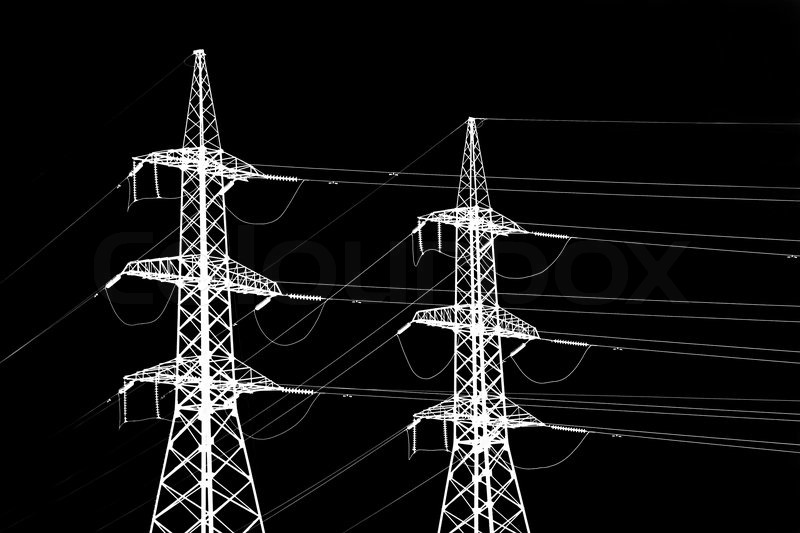- We Spent N2.75tn on Power, Roads in Two Years – Buhari
President Muhammadu Buhari said on Monday that his administration had spent $9bn (N2.745tn at the official exchange rate of N305 to $1) on power, roads and railways in the country in the last two years.
The President said this was part of the ongoing plans to diversify the economy through the development of tourism, agriculture and solid minerals, noting that the Federal Government was investing heavily in infrastructure.
Buhari made these remarks at the 61st meeting of the United Nations World Tourism Organisation and Commission for Africa in Abuja.
The President stated that as part of his administration’s social investment programmes, the government was giving N5,000 monthly to some 297,973 poor homes in the country.
The theme of the weeklong conference, which was attended by delegates from over 53 countries, was, ‘Tourism Statistics – A Catalyst for Development’.
The President, in his speech read by the Secretary to the Government of the Federation, Boss Mustapha, said Nigeria expected to benefit from tourism through increase in foreign exchange earnings, revenue generation, employment creation and cultural integration.
Buhari stated, “We are making steady efforts to diversify the economy through agriculture, solid minerals development and tourism. We are also investing heavily in infrastructure to promote tourism. This administration has injected about $9bn to strengthen its investment in power, roads and railway in the past two years.
“The government is also investing in the social investment programme to promote human capital development, which has benefitted over nine million people. These programmes include our home-grown school feeding programme that is providing one meal a day to 7.4 million pupils in 22 states of the federation.”
He added, “There is also the Conditional Cash Transfer under which some 297,973 poor homes are receiving N5,000 monthly. The government is also providing public safety and security to all Nigerians, investors and tourists. Government is also investing a lot of resources in building the inventory of equipment and capacity of security agencies to keep the country safe.
“Nigeria is a country with a population of over 180 million people and over 250 ethnic groups, each with a unique story, and these stories are finding expression in our movies, music and many other creative ideas. The importance of tourism and its potential to national economies cannot be overemphasised.”
The President called on tourists and investors to consider Nigeria as their second home, noting that the Federal Government was willing to offer several waivers, including minimum tariff on imported tourism equipment, amusement park equipment and materials for hotel construction, and work permit for foreign workers with specialised skills within the industry.
The Minister of Information and Culture, Alhaji Lai Mohammed, said the meeting would provide an opportunity to establish “stronger linkages and functional collaboration among member-states in order to realise the potential with which the continent is endowed.”
“We have also dusted up and updated the Nigeria Tourism Development Master Plan, which is currently being implemented. This document aims at achieving, among others, the restructuring of the existing tourism development institutions for them to effectively deliver the benefits of tourism,” the minister noted.

 Billionaire Watch3 weeks ago
Billionaire Watch3 weeks ago
 Startups4 weeks ago
Startups4 weeks ago
 News4 weeks ago
News4 weeks ago
 News4 weeks ago
News4 weeks ago
 Bitcoin4 weeks ago
Bitcoin4 weeks ago
 Naira4 weeks ago
Naira4 weeks ago
 Forex3 weeks ago
Forex3 weeks ago
 Treasury Bills4 weeks ago
Treasury Bills4 weeks ago

























